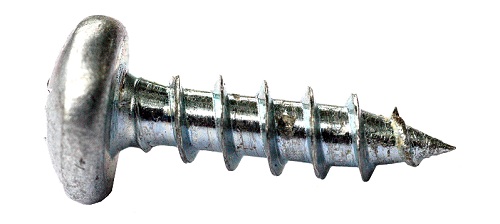In August 2011, the makers of the well-known Peugeot automobile experienced a production standstill due to the shortage of a very small but essential part—the screw. The automaker needed specific screws for its bumpers, brakes and other components. The supplier of the parts, the Agrati Group, had a simple explanation for the shortage. The company had restructured itself to utilize a central distribution center. However, the company did not anticipate the growing pains from such a unit, which translated into a screw shortage that temporarily brought Peugeot production to a halt throughout the European continent. Fortunately, manufacturing companies can learn some important lessons from the screw debacle.
Have an Alternative Ready
The Agrati Group stalled as they tried to get shipments through the distribution center and out to the customers. The floundered for some time before hiring alternative modes of transport. Without a plan for such a situation, however, the company ended up paying a premium for helicopter delivery and transport via couriers and even taxi, according to some reports.
What’s the lesson here? Make a plan for alternative transportation in the event that your original logistics is compromised. Also, switch to the alternate plan early on, before the shipments are disastrously late and threatening the existence of an iconic product.
Contract Help
Another way to reduce the time delay is to contract the job out to another company. There are
contracting services available for transport, planning and even manufacturing the parts you owe to the customers. This alternative is costly but can save customer relationships in the meantime. They may be much less expensive than hiring a helicopter to transport screws across a continent.
Work Closely with Customers
No matter what you decide, working closely with consumers is the most important thing during any logistics crisis. The makers of the Peugeot’s screws maintained contact despite their hairy situation. In the end, the lessons learned from their mistakes can work to prevent problems in other companies looking to overhaul their logistics systems.

